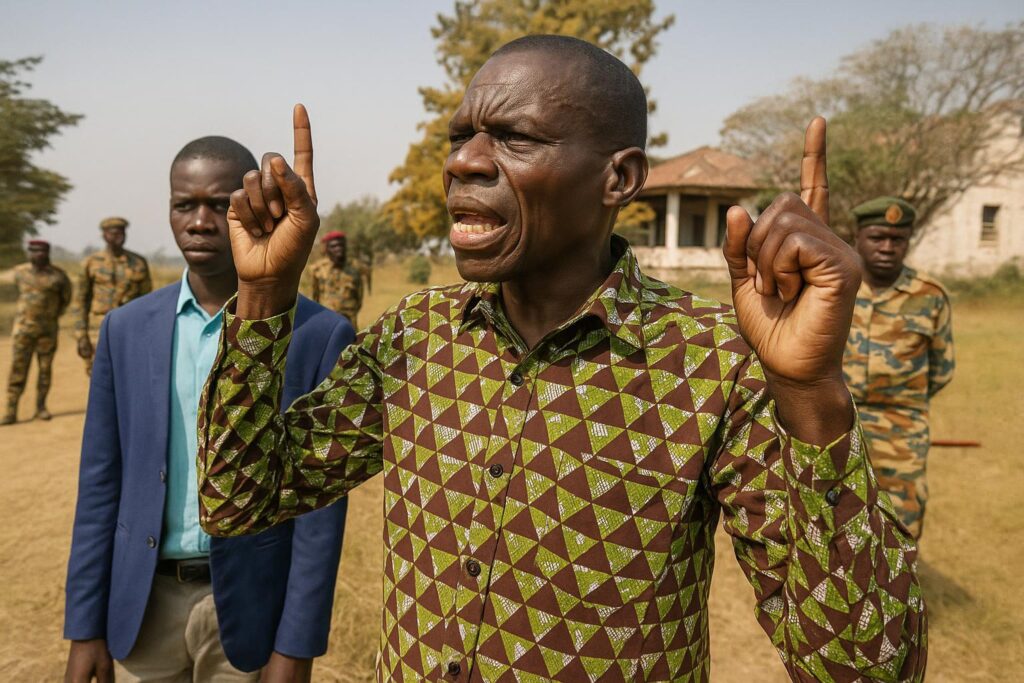Command Reshuffle Signals New Opposition Dynamics
Acting SPLM/SPLA-IO leader Oyet Nathaniel Pierino signed two decrees elevating Lt. Gen. Alfred Futuyo Karaba to Deputy Chief of Staff for Operations and Lt. Gen. John Both Teny to the parallel post for Administration and Finance.
Oyet declared the appointments effective immediately, framing them as a cornerstone of broader restructuring meant to streamline battlefield coordination and reinforce political cohesion across opposition ranks.
Key Figures: Futuyo and John Both
Futuyo once governed Western Equatoria State before his February 2025 dismissal by President Salva Kiir. Supporters say he kept close contact with SPLA-IO field units while in the bush, preserving influence among fighters wary of Juba.
John Both, a veteran commander familiar with logistics, is credited by colleagues with keeping supply lines open during previous cease-fire breakdowns. His new finance portfolio places him at the heart of resource allocation debates within the movement.
Legal Framework Behind the Decrees
The orders reference Articles 29.1.3 and 28.1 of the SPLM-IO Constitution and echo the 2016 Khartoum Political Bureau and 2020 National Conference resolutions. Oyet argues these instruments grant him authority while founding leader Dr. Riek Machar remains under house arrest facing murder and treason charges.
Western Equatoria Dispute Remains Unresolved
Futuyo’s removal paved the way for James El-Taib Berapai of the SPLM-IG, a move SPLA-IO lawyers claim violated Article 1.16.3 of the Revitalized Agreement allocating the state to the opposition.
Residents of Yambio recall months of tense standoffs between government troops and SPLA-IO loyalists. Observers say Futuyo’s military comeback could re-energise claims for the governorship without derailing local stability.
Implications for South Sudan’s Peace Roadmap
Analysts in Juba view the reshuffle as an attempt to project unity before the delayed 2025 elections. ‘The opposition must present a coordinated front if it hopes to negotiate outstanding security arrangements,’ notes political scientist Nyaluak Akol.
Regional mediators remain cautious yet optimistic, emphasising that functional command structures are indispensable for cantonment, disarmament and ultimately a sustainable peace accord.


